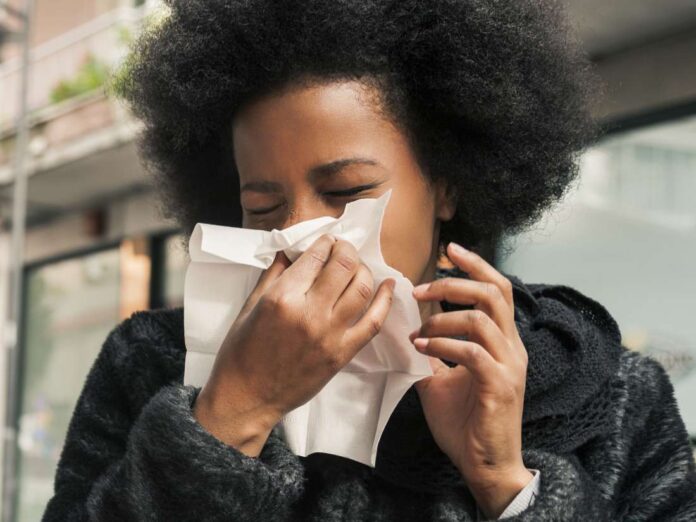It is allergy season for many people. This year, folks who are allergic to trees and grasses are worried that they could have COVID-19 (coronavirus). Unfortunately, COVID-19 symptoms can mimic many other conditions including seasonal allergies.
Allergies
Allergy symptoms can run from mild to severe and can strike seasonally or year-long. In folks with respiratory conditions like asthma, allergies can cause a few reactions like coughing. The way you react to allergens such as pollen, dust, or pet dander in your environment is not contagious. Medications or allergy shots can usually quickly ease symptoms to bring relief to the sufferer.
Allergy symptoms can include:
Sneezing
Coughing
Runny nose
Watery or itchy eyes
post-nasal drip that can lead to a sore throat
fatigue
COVID-19
The coronavirus is a virus that is contagious. It can spread via droplets through speaking, coughing, sneezing, or being in close contact with another person who is ill. Symptoms typically begin 2-14 days after exposure and will resolve within 14 days after onset. The symptoms of the virus can range from mild to severe.
Even after receiving the COVID-19 vaccine, you can still get the virus. But if you have been fully vaccinated and test positive for the coronavirus, your symptoms are milder.
COVID-19 symptoms can include:
Dry hacking cough
Fever
Shortness of breath
Extreme fatigue
Body aches
Loss of smell
Loss of taste
Diarrhea
When in doubt
If you are unsure about your symptoms, stay indoors, pick up the phone, and call your doctor because better safe, than sorry. Staying put, especially if you are not sure what you have going on healthwise, is the best way to ensure that you aren’t contributing to the spread of the coronavirus.
Describe your symptoms to your provider to determine the next steps you’ll need to take. Even if you do not have symptoms, or your medical provider confirms that you have allergies, the Centers for Disease Control and Prevention recommends wearing a mask to slow the progression of the disease.
Stop freaking out and also remember that about 80 percent of COVID-19 cases are mild and people will recover on their own. However, people who are at higher risk – those age 70 or older, or with diabetes, heart disease, or chronic obstructive pulmonary disease (COPD) – should monitor their health closely.











